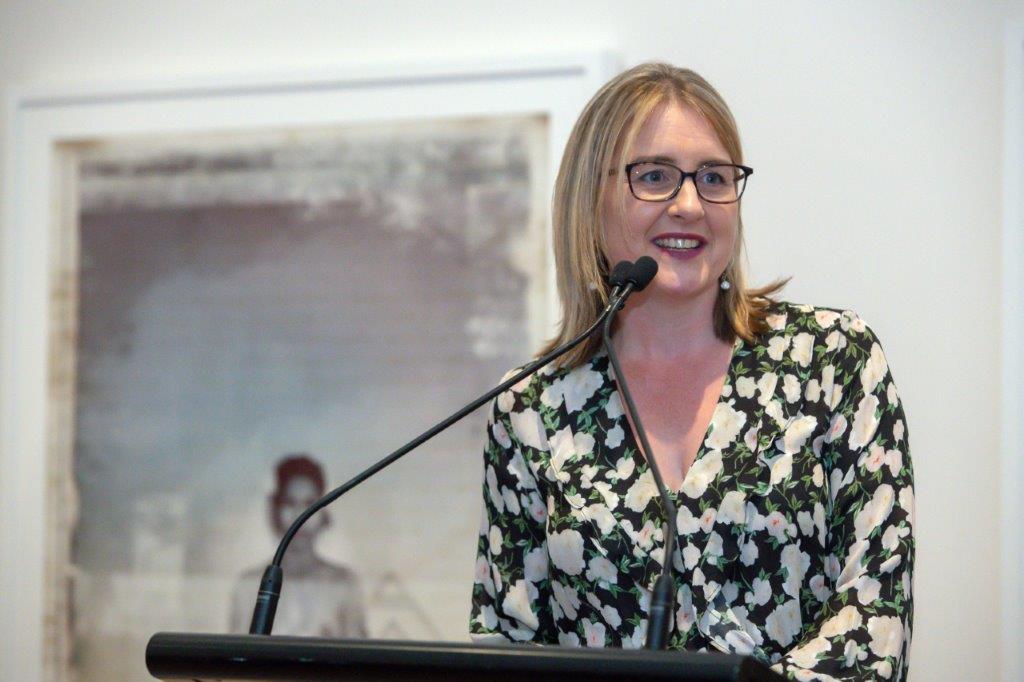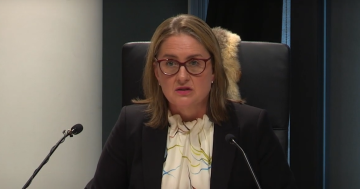
“Non-disclosure agreements are being used to protect perpetrators and silence victims,” said Victorian Premier Jacinta Allan. “That’s flat-out wrong”. Photo: Facebook.
The Human Rights Law Centre (HRLC) and Redfern Legal Centre have put together a joint submission relating to Australia’s first legislation restricting the use of non-disclosure agreements (NDAs) in workplace sexual harassment matters.
In early August, the Victorian Government opened consultation to its nation-leading laws and an anonymous survey for victim-survivors to provide their own feedback. Currently the only place in the world where similar legislation exists is in the Canadian province of Prince Edward Island.
HRLC Senior Lawyer Regina Featherstone commended the Victorian Government “on taking step towards this critical reform, and look forward to seeing the rest of the country follow suit”.
“We still have a long way to go to make our workplaces safe for everyone,” she said. “Transparency will help us get there.
“Whistle-blowers play a vital role in exposing misconduct, but NDAs are routinely used to silence whistle-blowers who dare to speak out.
“Restricting NDAs is essential to putting victim-survivors first, which in turn, protects the rights of whistle-blowers, and promotes transparency in the workplace.”
The proposed legislation was a key recommendation of the Victorian Ministerial Taskforce on Workplace Sexual Harassment.
Among the data considered by this taskforce was state Auditor-General Andrew Greaves’ examination of the Victorian Public Service. His final report, tabled in late 2019, found that “no department is free from sexual harassment” and “departments can still do more”.
“While departments express a clear message that sexual harassment is unacceptable, the 2019 People Matter Survey (PMS) found that one in 14 respondents experienced sexual harassment in the previous 12 months,” wrote Mr Greaves.
Despite complaint channels being available at departments, “staff rarely use them” as they “lack faith in the complaints system, fear the consequences, or perceive that the behaviour they experienced is not serious enough”. The Auditor-General also noted that departmental training at the time did “little to address this”.
“Managers are often the ones to handle informal complaints of sexual harassment within their team, yet few receive training to help them do this,” wrote Mr Greaves. “Further, departments do not generally have oversight as to how informal complaints are managed.”
In reviewing the formal complaints, Mr Greaves wrote that his office found the departments’ complaint handling process was fair and effective. However:
- The process for dealing with formal complaints could be lengthy and was not transparent
- Departments had differing views and practices regarding what information they can share with the complainant about investigations, which could lead them to share very little
- They also saw differences between departments’ threshold for investigating and making findings of misconduct, as well as examples of poor recordkeeping
- Poor handling of both formal and informal complaints leads to staff dissatisfaction, negative impacts on complainants and others and could also lead to organisational liability.
For the bill’s engagement process, the Victorian Government sought feedback on protections such as:
- Prohibiting NDAs unless requested by the complainant
- Ensuring no attempts have been made to unduly pressure or influence a complainant to enter an NDA
- Ensuring an NDA does not adversely affect others
- The ability for the complainant to decide to waive their own confidentiality in the future
- Review and ‘cooling off’ periods
- And permitted disclosures (including to legal professionals, medical and mental health professionals, prospective employers, union representatives and support people).
HRLC’s joint submission recommended the laws be changed so they were trauma informed and protected and empowered victim-survivors. It also demanded secrecy provisions be reformed so they have an equivalent impact to NDAs on victim-survivors in the Victorian public sector.
Ms Featherstone said it was essential the proposed laws ensured “intersectional experiences of sexual harassment and other grounds of discrimination are recognised, as well as stronger education around NDA use and enforcement mechanisms”.




